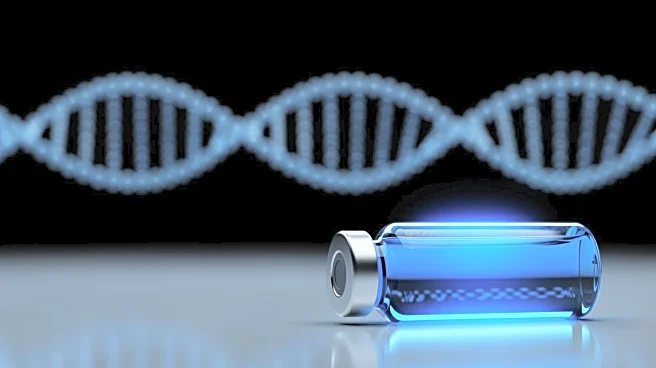What's Happening?
World Alzheimer's Day serves as a reminder for families to be vigilant about the early signs of Alzheimer's disease. The day emphasizes the importance of recognizing subtle changes in behavior and memory that may indicate the onset of Alzheimer's. Common signs include repetitive questioning, difficulty recalling familiar recipes, and getting lost in conversations or familiar places. The event encourages families to engage in open discussions and seek medical advice if they notice these patterns, as early detection can provide more treatment options and hope.
Why It's Important?
Alzheimer's disease affects millions of families in the U.S., making awareness and early detection crucial. Recognizing the early signs can lead to timely intervention, potentially slowing the progression of the disease and improving the quality of life for those affected. It also allows families to plan for the future, explore treatment options, and access support systems. The emphasis on early detection can reduce the stigma associated with Alzheimer's and promote a more proactive approach to managing the disease.
What's Next?
Families are encouraged to continue monitoring their loved ones for signs of Alzheimer's and to maintain open communication about any concerns. Healthcare providers may see an increase in consultations as awareness grows, potentially leading to more research and development in Alzheimer's treatments. Advocacy groups may push for increased funding and resources to support affected families and advance scientific understanding of the disease.
Beyond the Headlines
The focus on early detection also highlights the need for broader societal support and understanding of Alzheimer's. It raises ethical considerations about how families and communities can best support individuals with Alzheimer's, ensuring they maintain dignity and quality of life. Long-term, this awareness could lead to cultural shifts in how aging and cognitive decline are perceived and addressed.









